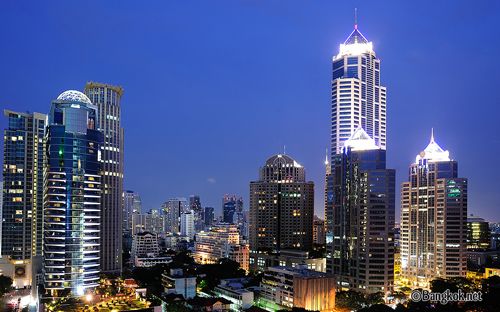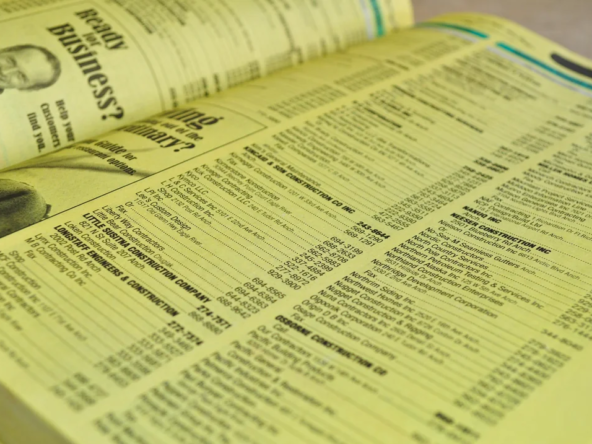Facts state that after the global economic crisis of 2009 and with the military coup of 2014, Thailand’s hotel investments though at times dipping, have predominantly shown a gradually improvement. Thailand’s current favourable hotel investment trend is a direct consequence of lesser capital worth, comparatively inflated yield coupled with the tourism industry’s long term plans, each of which whet investors’ appetites from far and wide.
In 2013 and 2014, Thailand’s hotel transaction volumes, when compared to all hotel transactions in Asia Pacific, amounted to around 4.1% & 5.7% (10.9 THB & 13.9 THB billion) respectively, with Samui, Phuket and Bangkok being the prime investment markets and Khai Lak, Krabi, Pattaya and Chiang Mai a close second.
According to reports, majority of investments made between the years 2012 and 2015 were home grown (58%) while foreign investment was considerably high as well (40%). Let’s take a closer look at the profiles of investors pumping money into this tropical paradise. They comprise of: 1. Corporates whose sole source of income is not hotel investments, 2. Serviced apartment and hotel companies controlled by owner-operators, who claim ownership of the primary assets managed by these companies, 3. Redevelopment driven purchases made by developers, 4. International investors who invest in the country via investment funds, 5. Families and individuals having a HNW (High Net Worth).
60%, 15%, 12% and 10% (approx.) of investment activities accrue to real estate companies/developers, owner operators, corporates and a combination high net worth individuals (HNWI) and investment funds respectively. On the contrary, 10%, 11%, 26% and 35% represent the total transaction amounts that accrue to sellers of hotel assets who take the shape of HNWI, corporates, developers/real estate companies and investment funds respectively.
Bangkok trumps all Thailand destinations when it comes to hotel investments. Travelers visiting this city comprise of both, vacationers as well as business men and women. Being one of the most visited cities in the world, increase in asset demands have driven up asset prices despite the noteworthy growth in hotel room supply during 2013 and 2014. Phuket comes in second, with a strong and consistent growth shown in its hotel and resort market, as a direct consequence of charter flights arriving at its famous Phuket International Airport, thereby safeguarding the market from distractions in Bangkok. Expansion of its airport dimensions, roadway infrastructure and potential to yield greater returns in comparison to the Bangkok, makes Phuket a prime spot for investment in South East Asia. However, Samuiwhen compared to Phuket has an investment market that, though smaller in volume makes up for it with adequate pizzazz. Described by many as a ‘boutique’ holiday destination, Samui’s focus on quality rather than quantity when it comes to its hotel infrastructure, as well as the arrival of the low cost Surat Thani airport, has assisted in the increase in the number of tourists to this part of Thailand.
The deciding factors when assessing opportunities to invest in Thailand’s hotel market may be many, but the foremost one is comparing the purchase price with the projected cashflow generation from the hotel in question’s workings. On the flip side however, passive investors tend to attach a particular growth expectation with the stabilized cashflows generated by the property in question, be it 6-7% or higher in Bangkok or resort markets respectively.
Repositioning, renovating, incorporating additional rooms, and/or hiring of an international manager to oversee the properties’ workings, are just some of the strategies adopted by developers/real estate companies who obtain a property to make it generate additional revenue. Once additional revenue is harnessed, passive investors or REITs (Real Estate Investment Trusts) come into play as prospective buyers once you decide to sell.
Boasting of a reputation of being one of the most sought after tourist destinations in the world, coupled with sound infrastructure and its strategic location, Thailand’s tourism industry is on the ascendency, luring investors from all corners of the globe to plough their money into the area’s hotel industry.




